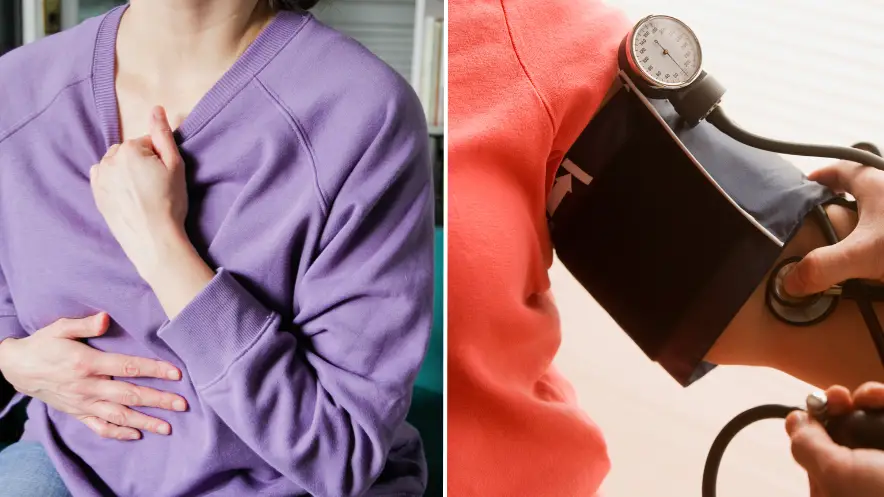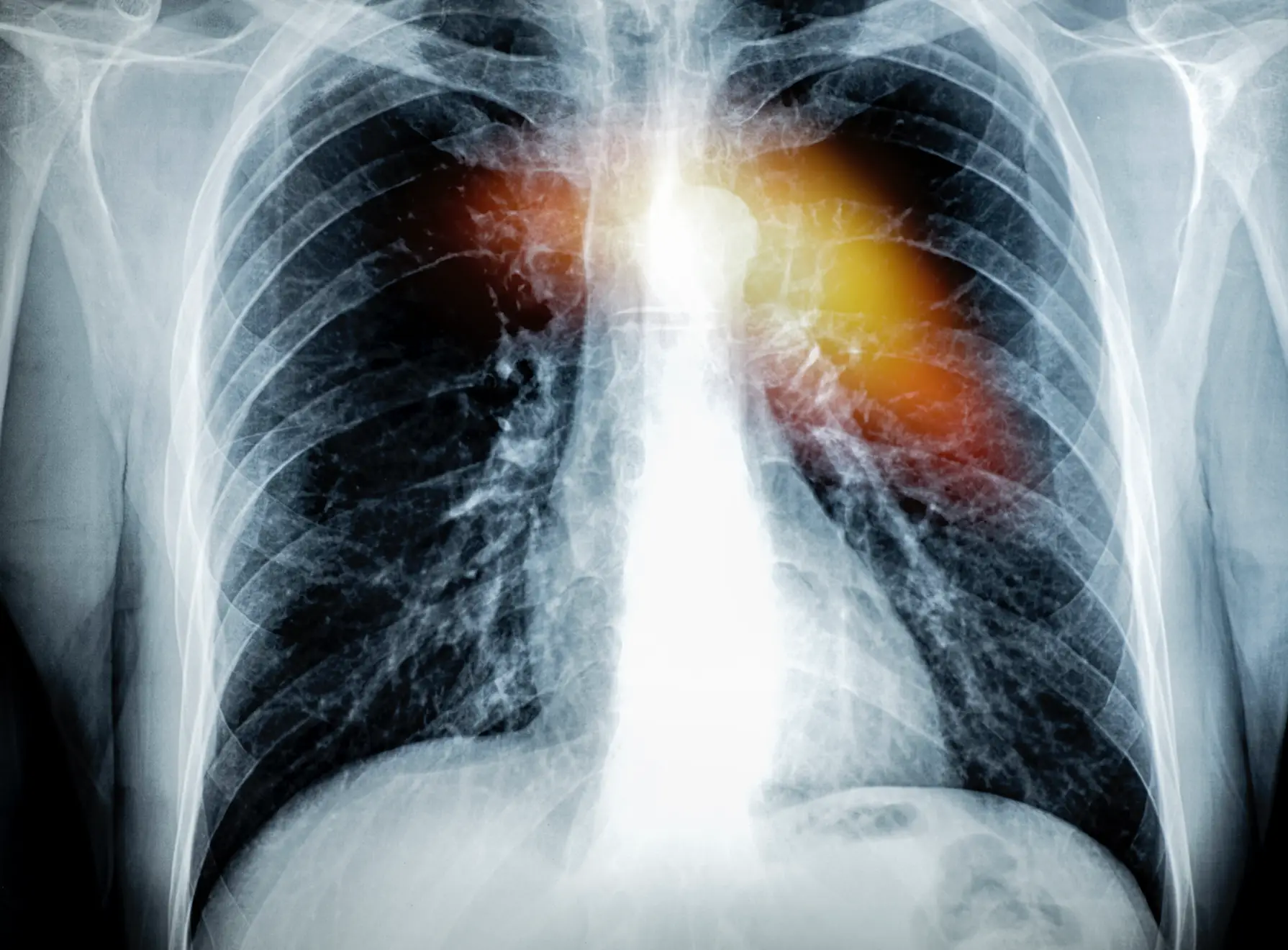
Doctors are warning women all over the world to take note of the symptoms of a 'silent heart attack'.
Unlike a regular cardiac arrest - which reportedly kills around 68,000 Brits per year - this condition often doesn't result in death straight away, with many undergoing the crucial health blow without even realising.

In a vast proportion of these incidents, the patient has avoided some of the conventional and well-known symptoms of the potentially deadly condition.
Advert
Unlike cardiac arrests, which often include symptoms like chest pains, stomach pain and shortness of breath, sufferers of 'silent heart attacks' - predominantly women - are more likely to suffer very different and often longer-term symptoms.
And in many cases, only when the patient is assessed by a doctor is a 'silent heart attack' detected.
Both conditions are still caused by blockages of the blood flow to a section of the heart, which, in turn, causes scarring and damage to the heart muscle.
However, in cases of a 'silent heart attack', the flow of blood is caused by a build-up of plaque in the coronary arteries.
Due to the rather 'low-key' nature of its symptoms, however, many patients fail to visit a GP to receive treatment and advise on their 'silent heart attack' until it is too late, and inadvertently put their lives further at risk.

Hoping to put an end to this dangerous routine, medical experts are urging British women to 'wise up' on the signs and symptoms.
These can include:
Mild discomfort in the chest
As we say, in cases of a regular cardiac arrest, severe chest pains are the most obvious indicator as to what is going on inside the body.
In cases of 'silent heart attacks', however, the patient is more likely to experience a much milder form of pain or discomfort, which usually starts right in the centre of your chest.
According to medics at Pennsylvania University, this may begin as a slight pressure which seems to build, dissolve and then return again later on.
As opposed to brushing this under the carpet, these doctors instead urge patients to you call a their GP for a check-up, if it’s one you strongly doubt it could be a heart attack.
Discomfort in other areas of your body

Pain can also be felt in order areas of the body during a 'silent heart attack', including in your arms, back, jaw, stomach and neck.
Nausea and cold sweats
Many common flu-like symptoms - including overwhelming nausea, vomiting and sweating can often be associated with a 'silent heart attack'.
As a result, if you're experiencing these ailments without actually feeling under the weather, you should get checked out by a medic ASAP.
Dizziness and loss of breath
Lightheadedness is also a pretty obvious indicator that you've undergone a heart attack without knowing.
If your everyday tasks are leaving you feeling drained - literally - it's best to get soon by your GP, whether you're a man or a woman.